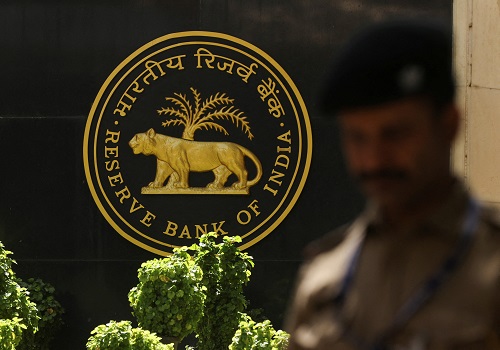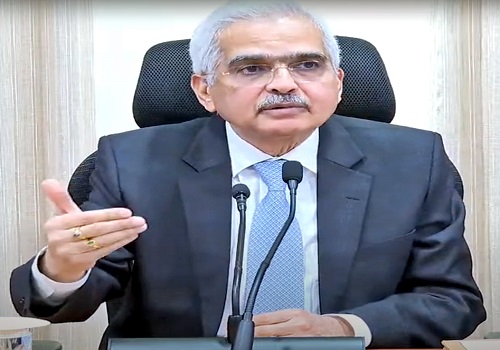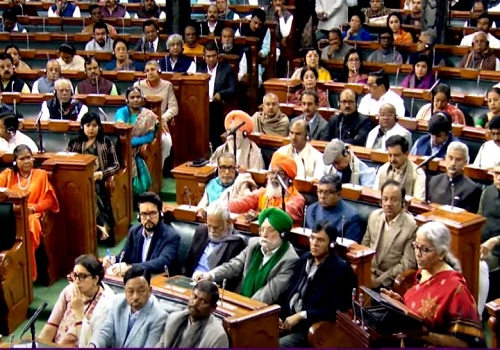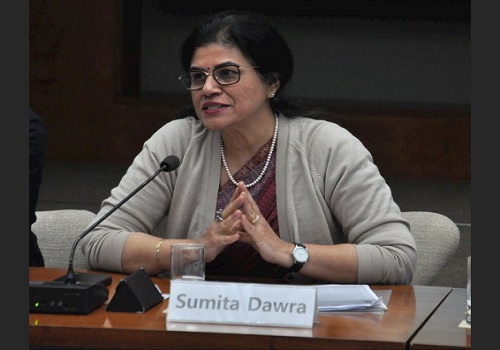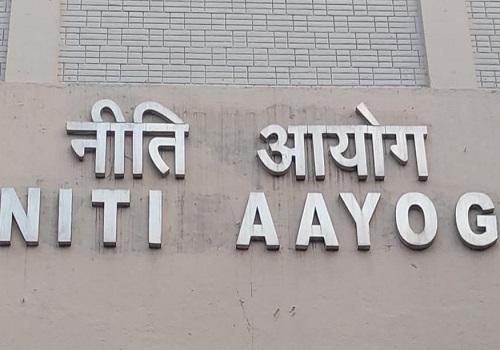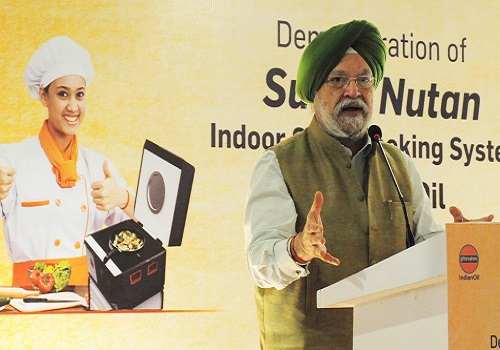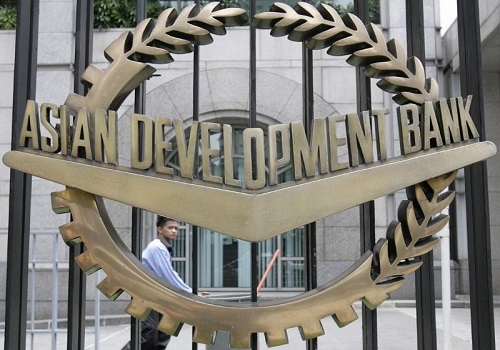APAC countries may witness uneven pace of recovery

Follow us Now on Telegram ! Get daily 10 - 12 important updates on Business, Finance and Investment. Join our Telegram Channel
Countries in the Asia Pacific region may witness an uneven pace of recovery wherein some economies may revive faster than others, according to a report by Asian Development Bank, UNDP and UNESCAP.
Noting that the Covid-19 pandemic is an asymmetric shock it said that countries have been affected differently and the result may be greater economic divergence both within and between countries in the region.
"Without concerted and collaborative policy actions, there is a real risk of a so-called 'K-shaped' recovery in which some groups or countries recover much faster than others," said the report titled 'Responding to the COVID-19 Pandemic: Leaving No Country Behind'.
It noted that pandemic has caused economic and social devastation across the Asia-Pacific region. It has destroyed tens of millions of jobs and livelihoods and will reverse much of the region's progress in reducing poverty and ending hunger, as well as adversely affect health and education prospects.
The poor and vulnerable, including women, migrant workers, daily wage laborers, and other informal sector workers, have been hit the hardest. Policymakers have focused on containing the virus and meeting peoples' immediate needs.
"While governments recognize the potential of pursuing more environmentally sustainable development as part of recovery in a region on the frontlines of the climate crisis, tangible action has been limited," it said.
Pre-existing vulnerabilities have only compounded the impact of the pandemic, the report said, adding that the economic performance of many countries in the Asia-Pacific region had already been deteriorating before the pandemic.
Falling productivity and a reliance on exports had made a dent in economic growth. Similarly, income inequality had been rising and was widely acknowledged as a key challenge, along with weak health and social protection systems, it said.












 320-x-100_uti_gold.jpg" alt="Advertisement">
320-x-100_uti_gold.jpg" alt="Advertisement">


